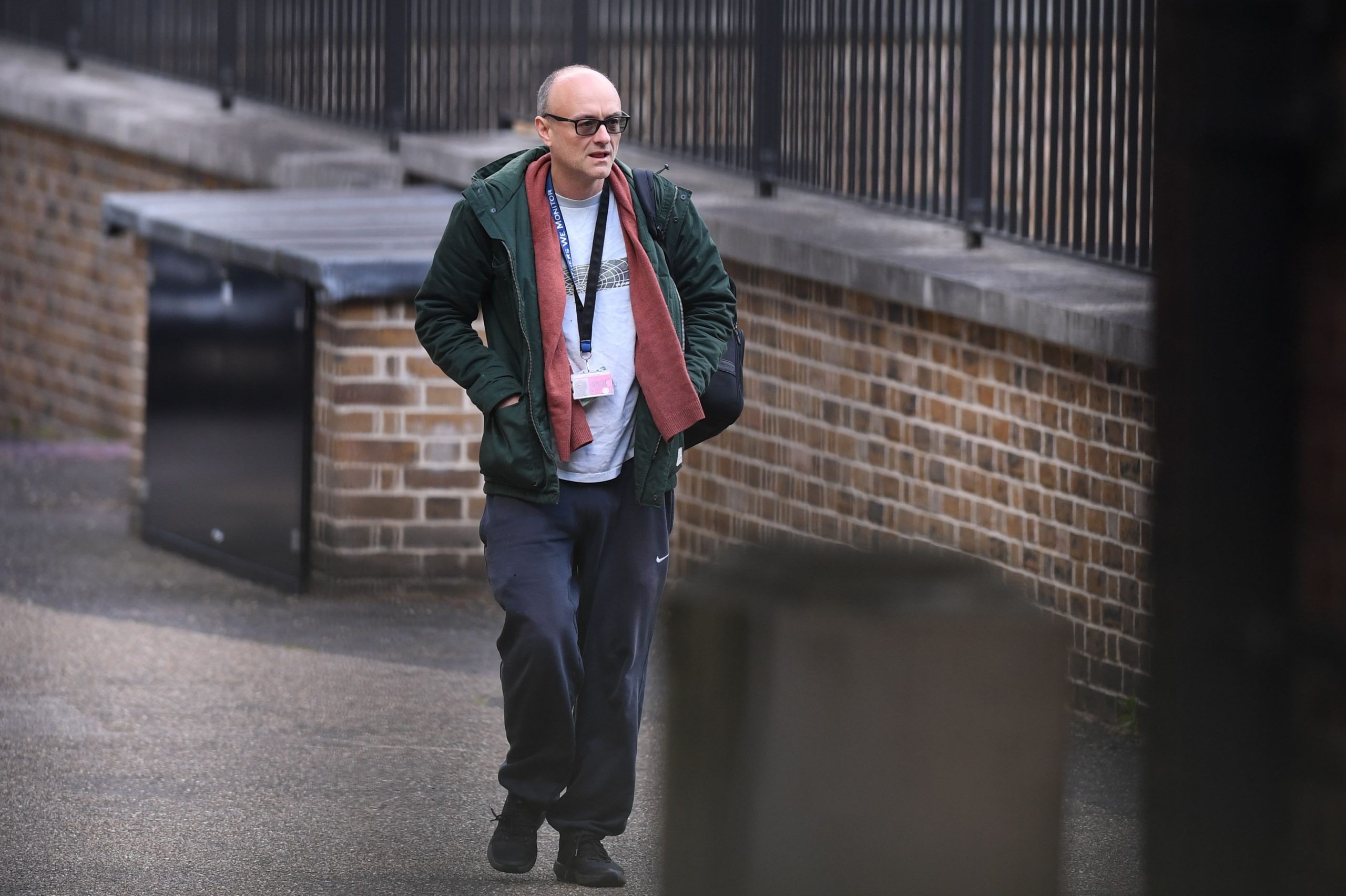
Dominic Cummings, the Prime Minister’s chief strategist, is facing calls to resign after the Guardian and the Mirror revealed that he travelled from London to Durham to self-isolate with his parents after developing the symptoms of the novel coronavirus.
Government sources have told the BBC’s political editor, Laura Kuenssberg, that Cummings did not violate rules because he went to his parents so they could help with childcare while they were ill.
Are they right? Well, the guidelines are helpfully unspecific and vague on this issue. They are clear in that people who have symptoms should self-isolate: you are not breaking the rules if you travel to provide care for someone else, but you are breaking the rules if you travel to receive it. (Had his parents travelled to him they would have been within the rules – travelling to them is a different matter.) Furthermore, Boris Johnson himself had told people not to get their elderly relatives to care for their children.
But there is an (unhelpfully vague) get out clause in the government’s guidelines for people with children. The guidance states:
“If you are living with children. Keep following this advice to the best of your ability, however, we are aware that not all these measures will be possible. What we have seen so far is that children with coronavirus (COVID-19) appear to be less severely affected. It is nevertheless important to do your best to follow this guidance.”
What does that mean? Does that mean that you can, in practice, break the lockdown rules in order to get your parents to care for your children if you really need to? I honestly don’t know – I find it unhelpfully vague and I’m not a sick parent with a sick partner and children to look after.
That unhelpfully broad guidance might be enough for Cummings to survive – it’s certainly enough for MPs and ministers to be able to survive an interview on TV or radio, provided of course, that people interpret the unhelpfully vague guidelines in ways which accord with their partisan preferences. If people who voted Conservative in 2019 are broadly ok with it, then Cummings will cling on. The known unknown is if they aren’t – and if it turns out that the public anger that has forced Boris Johnson and Nicola Sturgeon to go without scientific advisors after they violated the lockdown.
Social media is not a representative sample, but what would trouble me were I Cummings is it seems to me that the most sympathetic people are other parents with young children, who tended not to vote Conservative at the last election, while the least sympathetic are adults who are a little older, who are perhaps themselves worried about not seeing a parent, or who have been unable to say goodbye to parents or relatives due to the lockdown, or have been unable to see their own grandchildren. It is those slightly older parents, and grandparents who have been unable to get out, who are the bedrock of the Tory coalition: and if the interpretation of Cummings’ behaviour splits not on party lines but life experiences, then the Prime Minister may need a new strategic advisor sooner rather than later.





